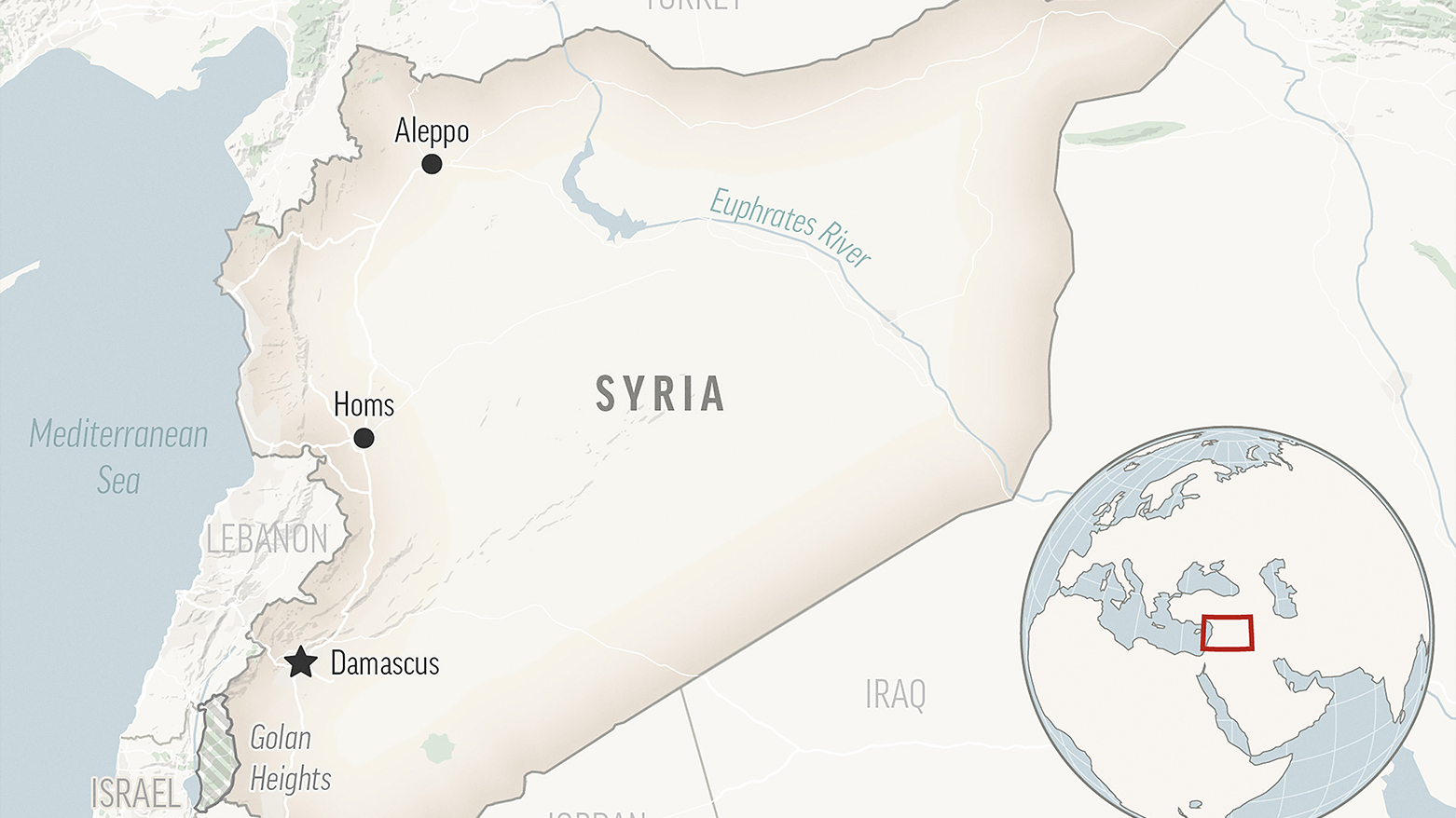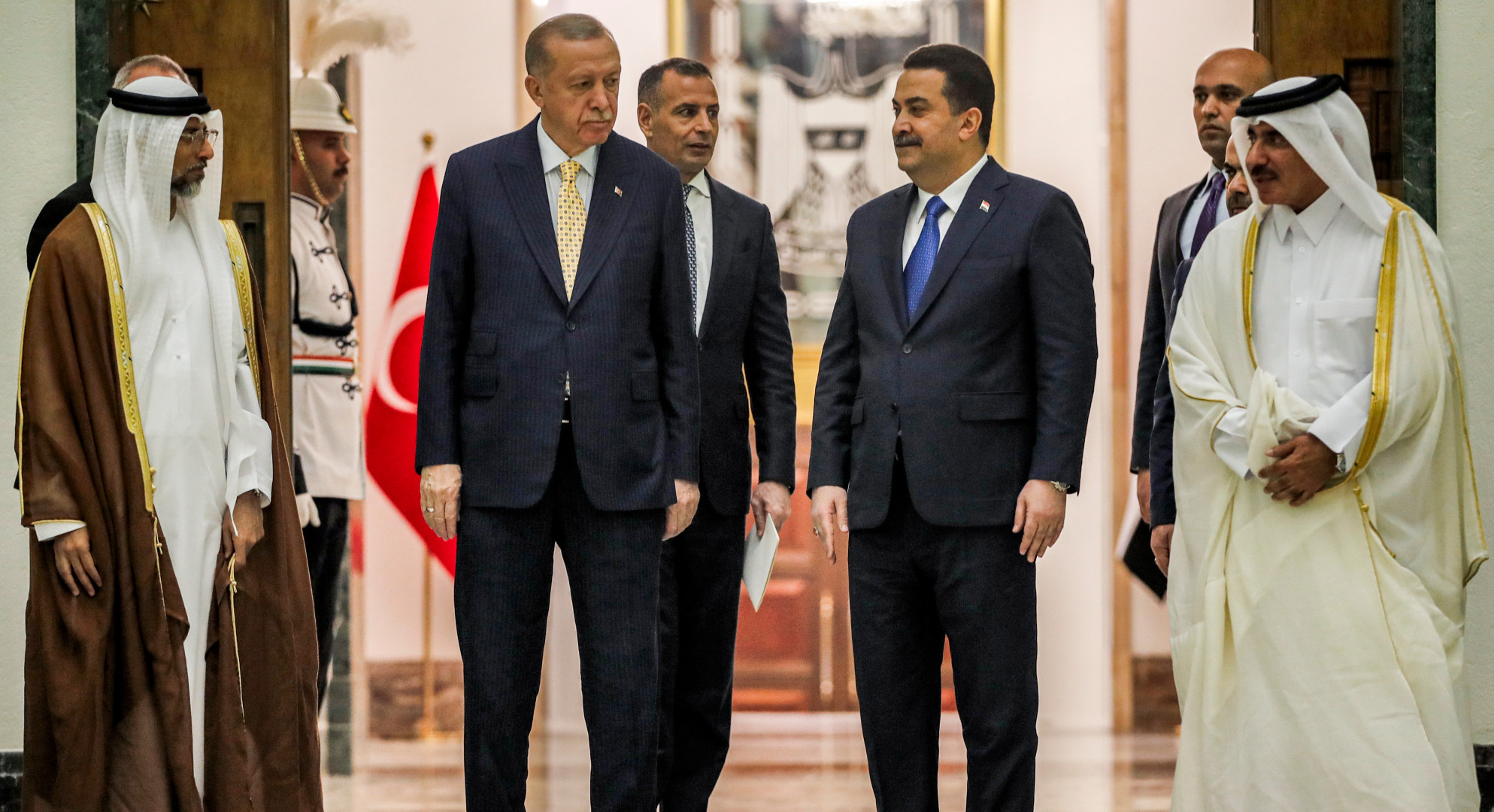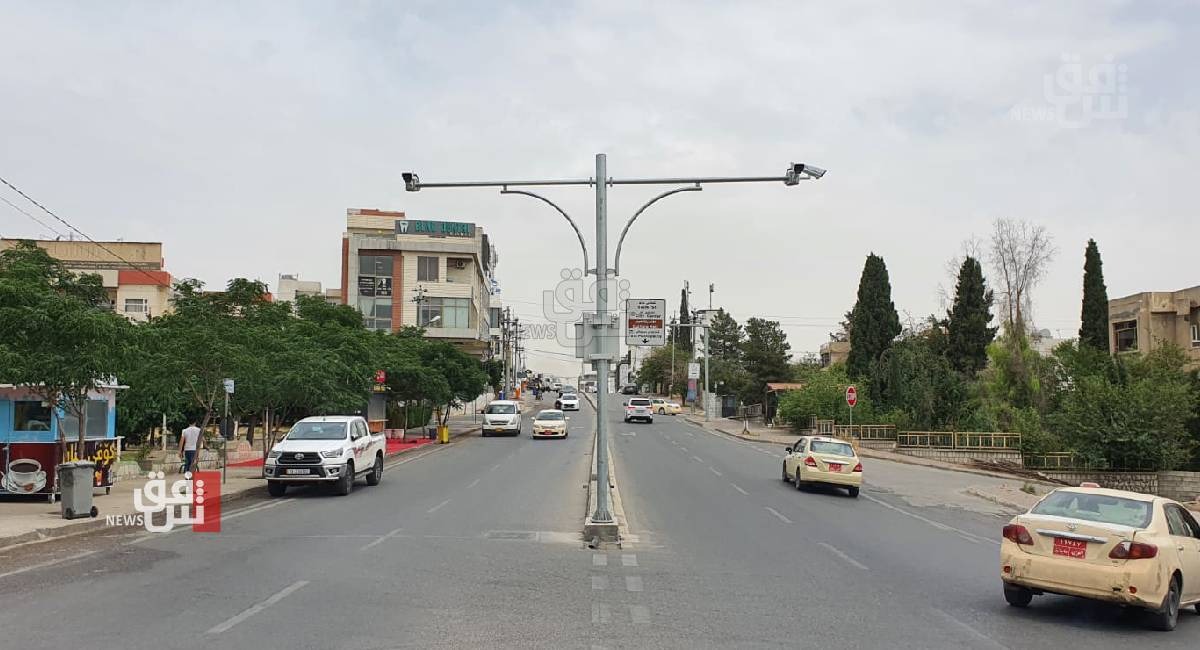How were Mullah Mustafa Barzani, his mother, and other Barzanis released from the Ottoman prison?

Shafaq News/ Today marks the anniversary of the Kurdish leader Mullah Mustafa Barzani's death.
Discussions about loyalty, love, and other motives must be approached within an academic framework grounded in evidence and verified sources.
It is commonly known that the Ottomans imprisoned Mullah Mustafa and his family in Mosul. However, the circumstances of their release remain unclear. The identity of those persons for their release has yet to be definitively established.
Following Fazel Pasha of Mosul's 1909 campaign against the village of Barzan, the village was occupied. Fazel Pasha entered the village, seizing letters and documents from Sheikh Abdul Salam Barzani's residence. These documents described the role and support of powerful nations involved in the uprising against the Ottoman Empire, notably Britain.
A sealed letter was discovered in Sheikh Abdul Salam's house, in which he sought British assistance in his movement.
Upon finding this letter, all family members and supporters of Sheikh Abdul Salam Barzani were apprehended. Subsequently, the change in the Ottoman government from the CUP to the Coalition for Freedom and Justice Party significantly impacted the Kurdish situation. This change improved Sheikh Abdul Salam Barzani's circumstances, resulting in a conflict between Fazel Pasha and Sheikh Abdulsalam.
Sheikh Abdul Salam eventually returned all weapons and arsenal to the Ottomans. Meanwhile, Sheikh Abdul Salam, with the aid of Sheikh Abdul Qadir Nahri (then a parliament member in the Ottoman state), endeavored to secure the release of the Barzani families, including Mullah Mustafa Barzani and his mother, who were imprisoned in Mosul.
Sheikh Abdul Qadir made multiple attempts through the parliament to achieve this objective, as evident in his letter to the Interior Ministry.
The letter reads as follows:
"To the Interior Minister Mihraban and Beg Paydar, regarding the issue of the Barzanis.
Numerous Barzanis have been arrested in the province of Mosul. However, the Barzani prisoners are still undergoing trial despite a recent telegram sent to Mosul calling for their amnesty. Therefore, resolving this matter would be an act of great kindness and assistance.
Dated August 12, 1326, Rome.
Petitioner: Sayyid Abdul Qadir."
This letter was sent as the release of the Barzanis had not been implemented despite Sheikh Abdulsalam Barzani and his supporters having been pardoned.
Finally, a man named Salim, reportedly from the Sherwani tribe, sent a letter on behalf of the Barzani prisoners inside the Mosul prison to Sheikh Abdul Qadir Nahri.
As says that:
"To Mr. Sayyid Abdulqadir, Member of Parliament in Darsa'ada (Istanbul), we express our gratitude for the response sent to the members of Parliament on August 9, 1326, following our discussions with the former Governor, Fazel Pasha, on this matter.
Fazel Pasha has expressed his belief that he has been unjustly deprived of his rights in this issue; therefore, our legal proceedings are still ongoing against us.
We greatly appreciate your loyalty and concern and assure you that a thorough investigation will be conducted, and a response will be provided by tomorrow."
After that, Sheikh Abdul Qadir Nahri forwarded a more assertive letter to the Interior Minister, stating:
"To the Interior Ministry, Sheikh Abdulsalam Barzani and his supporters have made a commitment to abide by the legislative framework set by the Ottoman government and have expressed their apologies.
They have also pledged to return all state-owned weapons that were seized during the conflicts.
In light of these assurances, we question why the Barzanis are still incarcerated.
November 28, 1325,
Member of Parliament (A'yan A'zasandan): Abdulqadir."
Sheikh Abdul Qadir Nahri successfully achieved his objective and was able to secure a pardon for the Barzanis, resulting in their release from Mosul prison.
This situation demonstrates that Sheikh Abdul Qadir Nahri served as an effective collaborator and coordinator with Sheikh Abdulsalam Barzani, and their partnership enabled Sheikh Abdul Qadir to effectively advocate for the rights and freedoms of the region's inhabitants as their representative in parliament.
Note: The details presented here are unprecedented and have not been previously documented in the history of Barzan. We have thoroughly examined this subject in our forthcoming book on the Sheikh Abdulsalam Barzani's movement, which will be published in the future.
By: Dr. Bzhar Othman Ahmed, Lecturer at Soran University, Department of History.
bzhar.ahmed@hist.edu.iq






